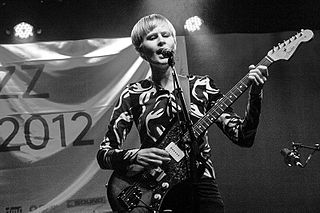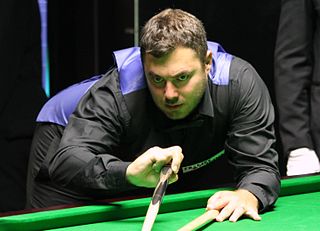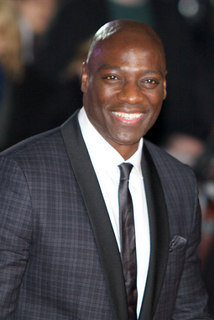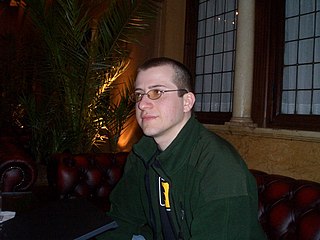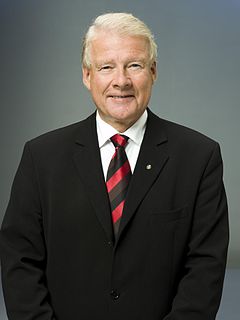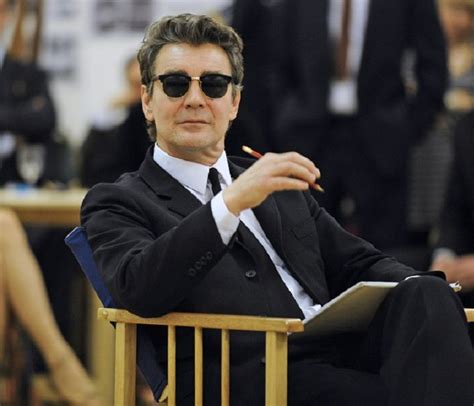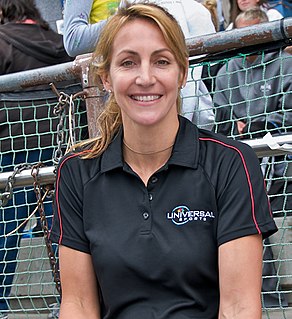A Quote by Jenny Hval
I really hated being the Norwegian girl in every single conversation in Australia, so I tried to make my Norwegian-ness invisible, speaking like whoever was around me.
Related Quotes
You can write a radical Norwegian or a conservative Norwegian. And when I changed to a conservative Norwegian, I gained this distance or objectivity in the language. The gap released something in me, and in the writing, which made it possible for the protagonist to think thoughts I had never myself thought.
It is also a fact that people who are isolated and alienated in their neighborhoods as a result of the large number of neighbors who do not speak Norwegian, who do not follow the Norwegian customs, norms and way of life, could have psychosomatic disorders that can lead to both sickness leave and need for medical help.
I missed the Olympic team in 1996 - missed making the team. I tried to make a comeback in my sport, and soon after the Olympic trials, Johann Olav Koss, who is a Norwegian speed-skater, called me up and asked me to be a part of Olympic Aid. Now Olympic Aid is Right to Play. It's a wonderful, narrow focus.
